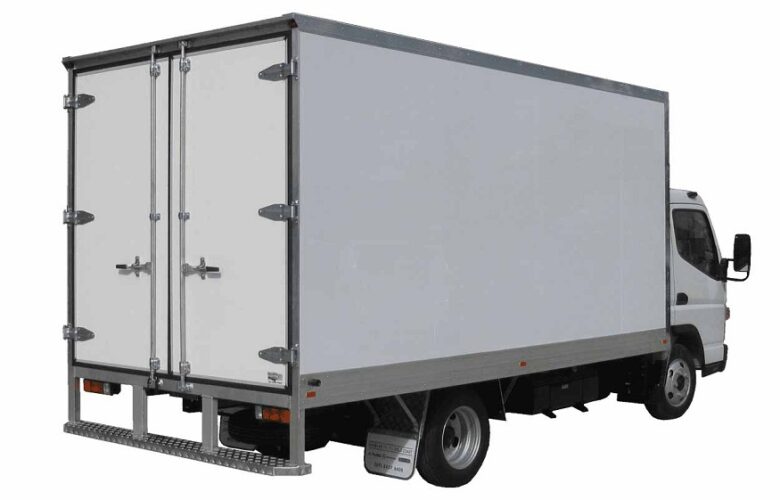What Is Inventory Management Software?
Inventory management software is a technology that automates warehouse management, making it easier to maintain inventory, manage reorders, and update accounting data. These include business software programs for managing and tracking product sales, material procurement, and other production-related activities. Businesses that use inventory management software spend less time and effort on basic tracking and more time analyzing, identifying, and decreasing inefficiencies in their model.
How Inventory Management Software Works?
Most inventory management software available nowadays is cloud-based, so you don’t need to set up your cybersecurity plan or maintain servers or an IT staff. Instead, the software provider handles cloud-based software and choosing a vendor that upholds excellent service standards is crucial. The cost of such software is based on your company’s size, including the number of locations a system must cover, the volume of orders you receive, and the volume of goods you keep on hand at any given moment. Inventory management software comprises capabilities that allow tracking things as they enter and leave your shops and storage facilities.
What Are the Advantages of Using Inventory Management Software?
It takes a lot of work to run an effective inventory management business, but tools are available to help reduce a lot of the burden. Small firms may maintain their competitiveness with the help of these inventory management tools, while larger organizations can more easily handle challenging daily operations. So, here in section of article, we will read different benefits of inventory management software:-
Reduced Costs Across the Board
Less money is also spent on damage management when there are fewer mistakes. Additionally, you can spend less money on storing extra products by organizing your inventory. Inventory managers may relax knowing the essential items are programmed to renew automatically as needed because the b2b ecommerce solutions system will determine the right quantity of specific products. This increases the variety of products available and lowers the cost of maintaining inventory. You may save time and money by incorporating automation into your inventory management procedures. If you employ AI and robotics appropriately, you will only need many people to choose, pack, and prepare shipments.
Inventory Accuracy and Efficiency
Inventory tracking has several advantages, but one of the biggest is that it helps businesses retain less inventory on hand while increasing order accuracy. Companies can save massive sums of money and time by reducing held inventory. Modern inventory management systems allow businesses to close one or more Warehouse sites and save money on those cost centers.
Just-in-time inventory is a notion that complements inventory tracking software. This inventory technique, called lean inventory, enables a business to monitor its inventory levels closely and only hold what is required in the near term.
Improved Data Visibility and Planning
Your business can profit significantly from business intelligence. You can swiftly send data using capabilities like barcode scanning. You can develop your assets and use them with a central data warehouse to better understand what’s occurring within the company. Business intelligence is required to keep a competitive edge in the current business environment. It enables your business to optimize its marketing initiatives to raise conversion rates and generate revenue. Although inventory management helps in production, your marketing team can also benefit from the data you gather.
Prevents Under and Over-Stocking
Every day, inventory managers must maintain the right stock levels. Regularly checking stock levels can result in more inventory. Both scenarios are regrettable since skipping a popular item order might result in a stockout, resulting in missed sales and disappointing consumers. It becomes difficult to move too much cargo, and it takes up valuable warehouse space that could be utilized for other goods. Many inventory management software use algorithms and data from your business to determine the appropriate reorder points for different commodities.
Automation Saves Time
Systems for inventory management make it simple to save time and money on labor. With the assistance of barcode scanning and quick inventory processing technologies, there is no need to manually enter product or box numbers. With technology, pickers, whether human or robotic, can significantly boost the number of scans they accomplish in a shift. By automating time-consuming operations, you free up resources so that your personnel may focus their time on activities that bring more value.
Manage Multiple Locations
Larger businesses are among the first to use inventory and other inventory resource planning software, such as accounting software. Business owners may easily track inventory across different warehouse sites using real-time inventory information to understand the total supply comprehensively. A supply chain’s performance depends on its ability to manage its inventory effectively. The benefits of inventory management software are indisputable, and more businesses will incorporate them into their operations over time. If you don’t prepare for implementation, your rivals could quickly outperform you.
Conclusion
Larger enterprises are among the first to employ inventory and other inventory resource planning tools, such as accounting software, because this strategy grows well as organizations grow. Real-time inventory information can be used by business owners to effortlessly track inventory across several warehouse locations and gain a thorough understanding of the whole supply. A supply chain’s performance depends on how well it can manage its inventory and it is very vital for the growth of your organization.









